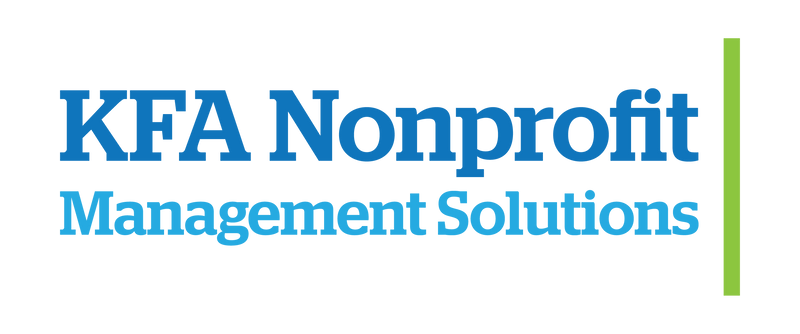What Nonprofits Need to Know About the Federal Government Shutdown
At one minute after midnight, the federal government shut down. For nonprofits across the country - especially those that rely on federal grant funding - the impacts will be immediate and disruptive. While essential services like Social Security checks and military operations will continue, nearly every other part of government will slow or stop, creating ripple effects that reach deeply into the nonprofit sector.
What Happens to Federal Grants During a Shutdown?
When Congress fails to pass a budget or continuing resolution, federal agencies cannot issue new grant awards, process modifications, or release most pending funds. In practice, this means no new grants are awarded, continuation funding is paused, and even already obligated funds may be delayed if agency staff are furloughed. Federal program officers and grants management staff are generally unavailable to approve requests, answer questions, or review reports. While automated portals like Grants.gov may still accept submissions, applications will not be reviewed or processed until the government reopens. For nonprofits, this translates into uncertainty and financial strain at precisely the moment when services are most needed.
Immediate Impacts on Nonprofits
The most immediate impact of a shutdown for nonprofits is disruption in cash flow. Organizations that rely on reimbursements may suddenly find themselves unable to cover payroll or program expenses, forcing them to draw on limited reserves, take out loans, or make painful cuts to services. Programs such as Head Start, WIC, and housing supports are among the first to feel the pinch when federal funds stop flowing. During the 2013 shutdown, roughly 10,000 children lost access to Head Start programs because new grants could not be initiated. Nonprofits often face a cruel double burden: while their funding is delayed or frozen, demand for their services rises as families and individuals can no longer access stalled government programs. The strain is not only financial but also human, as staff morale suffers and organizations are forced to divert energy from mission-focused work to emergency fundraising and crisis management.
Downstream Impacts on Funding Competitions
Even after a shutdown ends, its effects linger. Funding competitions that were paused or delayed during the shutdown will reopen with shorter application windows and tighter deadlines, creating additional pressure for nonprofits to prepare and submit competitive proposals quickly. For organizations with limited grant writing capacity, this compressed timeline can mean missed opportunities and lost funding. Program timelines also become more unpredictable, with award announcements delayed and project start dates pushed back. In the long run, this uncertainty makes it more difficult for nonprofits to plan strategically, build sustainable budgets, or retain staff with confidence that federal support will arrive as expected.
Final Thoughts
Federal government shutdowns are more than political impasses in Washington—they are lived crises for nonprofits and the communities they serve. For organizations already stretched thin, the days ahead will bring new challenges, and for many, real hardship. We want to acknowledge the stress, uncertainty, and pain this creates. Nonprofits that have spent decades faithfully delivering services on behalf of the federal government should not have to wonder how they will pay staff, keep programs open, or meet the needs of their communities.
At KFA Nonprofit, we deeply sympathize with the organizations that will feel the brunt of this shutdown. We see the extraordinary resilience and creativity nonprofits demonstrate in moments like this, and we are committed to walking alongside you as you navigate the uncertainty. We will continue monitoring developments closely and sharing resources to help your organization weather this storm. In the meantime, know that you are not alone - your work matters profoundly, and your communities are stronger because of you.
